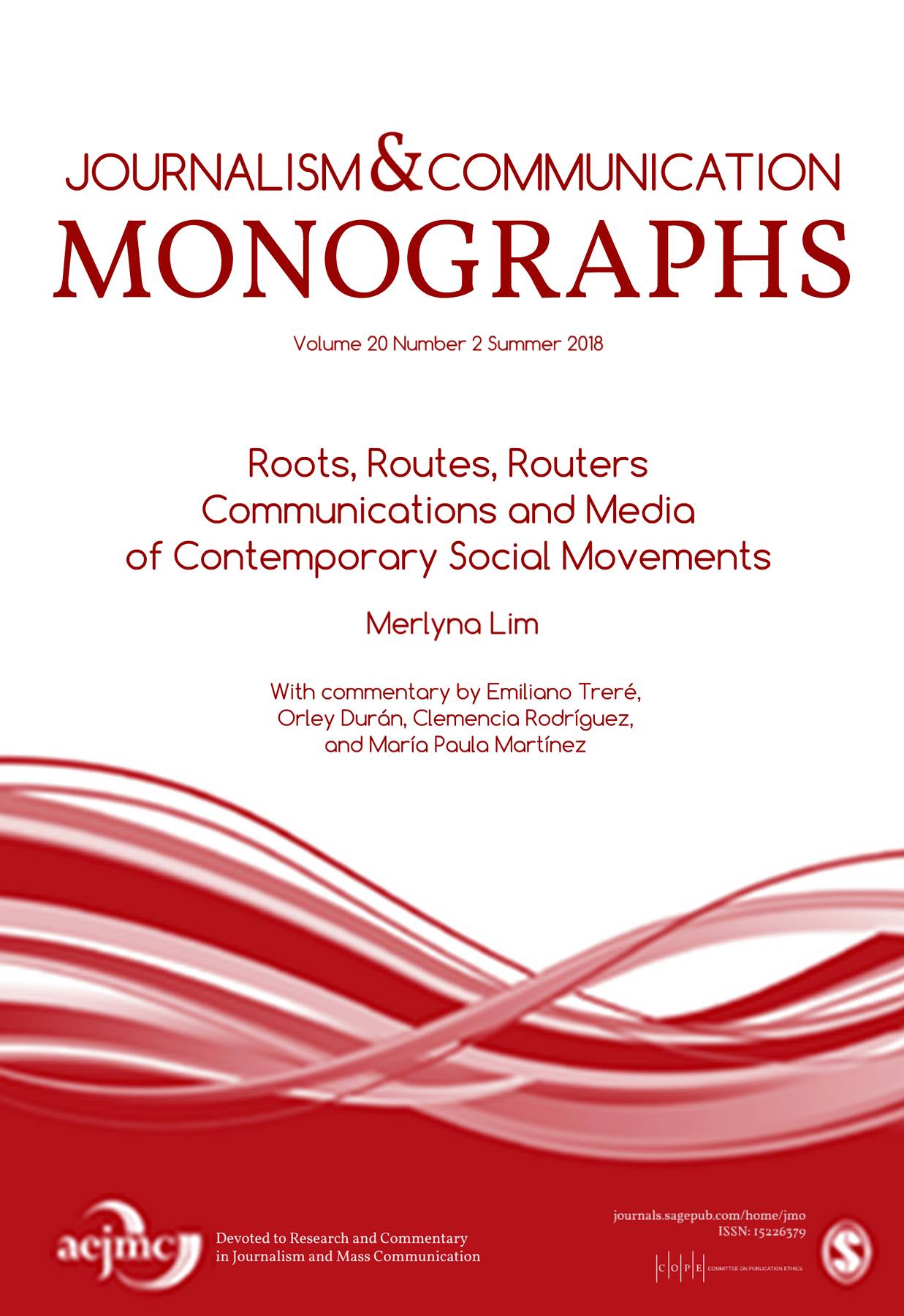Published in July 2022, it can be downloaded for free.
Lim, M. (2022). Alternative Imaginations: Confronting and Challenging the Persistent Centrism in Social Media-Society Research. Journal of Asian Social Science Research, 4(1), 1-22.
Abstract
This article attempts to intervene the current trend in social media research that, to a certain degree, reflects the centrality of technology. Beyond the broad trend of technocentrism, I identify and outline four other major oversights or challenges in researching the social media/society relationship, namely online data centrism, moment centrism, novelty centrism, and success centrism. Stemmed from these four types of centrism, I offer an alternative imagination, namely a set of alternative pathways in social media research that value histories and historical context, interdisciplinarity, longue durée, and complexity. By revealing these oversights, this article aims to contribute to our collective attempt to interrogate the relationship between social media and society (and technology/society) critically. This alternative imagination might help animate, reveal, and make transparent various societal dynamics that otherwise would be invisible and, thus, might contribute to a better, deeper, and more comprehensive understanding of the technology/society relationship.
#publications #socialmedia #research #technocentrism
